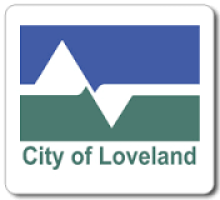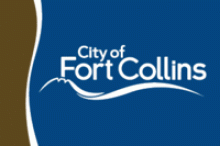Loveland On The Trail Of Better Connectivity
Loveland, Colorado, was one of nearly 50 communities that voted to opt out of SB 152 last fall. Ten months later, they are working with a consultant to conduct a feasibility study to assess current infrastructure and determine how best to improve connectivity for businesses and residents.
Examining Assets, Analyzing Options
According to the Request for Proposals (RFP) released in April, the city has some of its own fiber that’s used for traffic control. Loveland also uses the Platte River Power Authority (PRPA) fiber network but wants to enhance service all over the community, focusing on economic development, education, public safety, healthcare, and “overall quality of life.” Community leaders also want recommendations on which policies would encourage more and better service throughout Loveland.
The city has its own electric, water, sewer, wastewater, and solid waste utilities, so is no stranger on operating essential utilities. Approximately 69,000 people live in the community located in the southeast corner of the state.
They want a network that will provide Gigabit (1,000 Megabits per second or Mbps) connectivity on both download and upload (symmetrical) and 10 Gigabit (Gbps) symmetrical connections for businesses and other entities. The network needs to be scalable so it can grow with the community and its needs. Reliability, affordability, and inclusivity are other requirements in Loveland.
Loveland began the process this summer by asking residents and businesses to respond to an online survey. The city will consider all forms of business models from dark fiber to publicly owned retail to open access and public-private partnerships (P3). They should have results by early in 2017, according to the Broadband Initiative Calendar.
Staying Competitive





